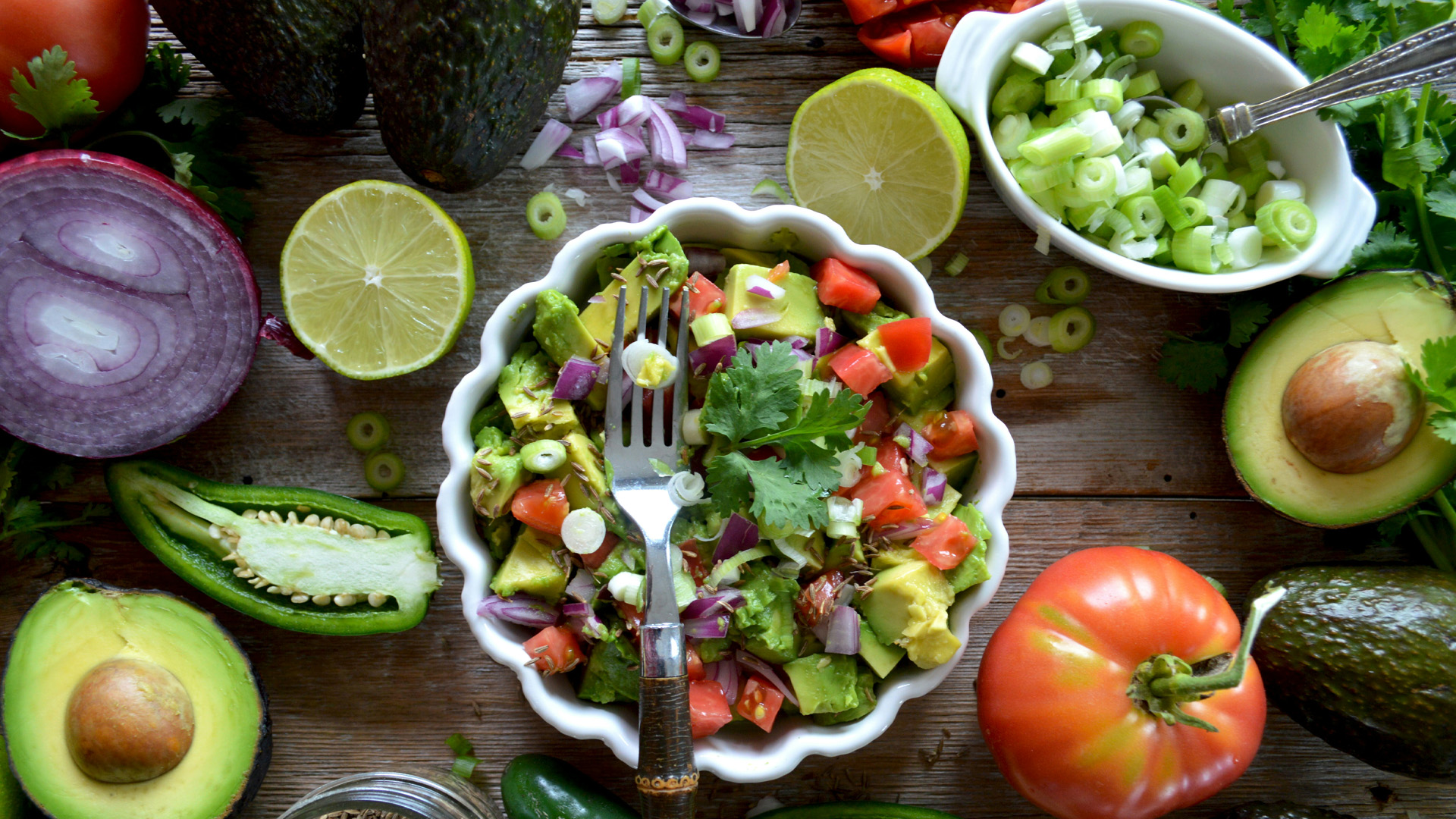The island of Crete is not just known for its stunning landscapes and ancient history, but also for the exceptional longevity and health of its people. At the heart of this phenomenon lies the Cretan diet—widely regarded as one of the healthiest in the world. Rooted in simplicity, tradition, and nature, Cretan cuisine has much to teach the world about healthy living.
1. Fresh, Seasonal Ingredients
The Cretan diet revolves around fresh, locally-sourced ingredients. Vegetables like tomatoes, cucumbers, and leafy greens, combined with legumes and whole grains, form the base of most meals. By following the seasons, the Cretans ensure that their food is at peak nutritional value.
2. Olive Oil: A Cornerstone of Cretan Cuisine
Olive oil, often referred to as “liquid gold,” is the primary fat in Cretan cooking. Rich in monounsaturated fats and antioxidants, it plays a major role in promoting heart health. Cretans drizzle olive oil over everything—from salads to bread—using it not just for flavor but for its numerous health benefits.
3. Moderation and Balance
Cretans practice balance in their diet, consuming meat sparingly and opting for plant-based meals more frequently. Fish, beans, and wild greens are common, while red meat is enjoyed only on special occasions. This moderation, paired with portion control, is key to their long-term health.
4. Herbs and Wild Greens
The use of wild herbs like oregano, thyme, and sage is widespread in Cretan cooking. These herbs not only enhance the flavor of dishes but are also known for their medicinal properties. Additionally, the Cretan diet is rich in horta (wild greens), which are packed with vitamins, minerals, and antioxidants.
5. Ritual and Community
Beyond the food itself, the Cretan way of eating is deeply rooted in social interaction. Meals are seen as communal events, where family and friends gather around the table. This social aspect reduces stress, fosters strong community bonds, and contributes to an overall sense of well-being.
Conclusion
The world can learn a lot from the Cretan diet—its emphasis on fresh ingredients, natural fats, and balance. More than just a way of eating, it’s a lifestyle rooted in health, tradition, and community. Adopting some of these practices can lead to a longer, healthier life, just as it has for the people of Crete for centuries.









